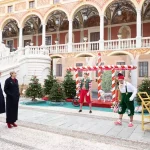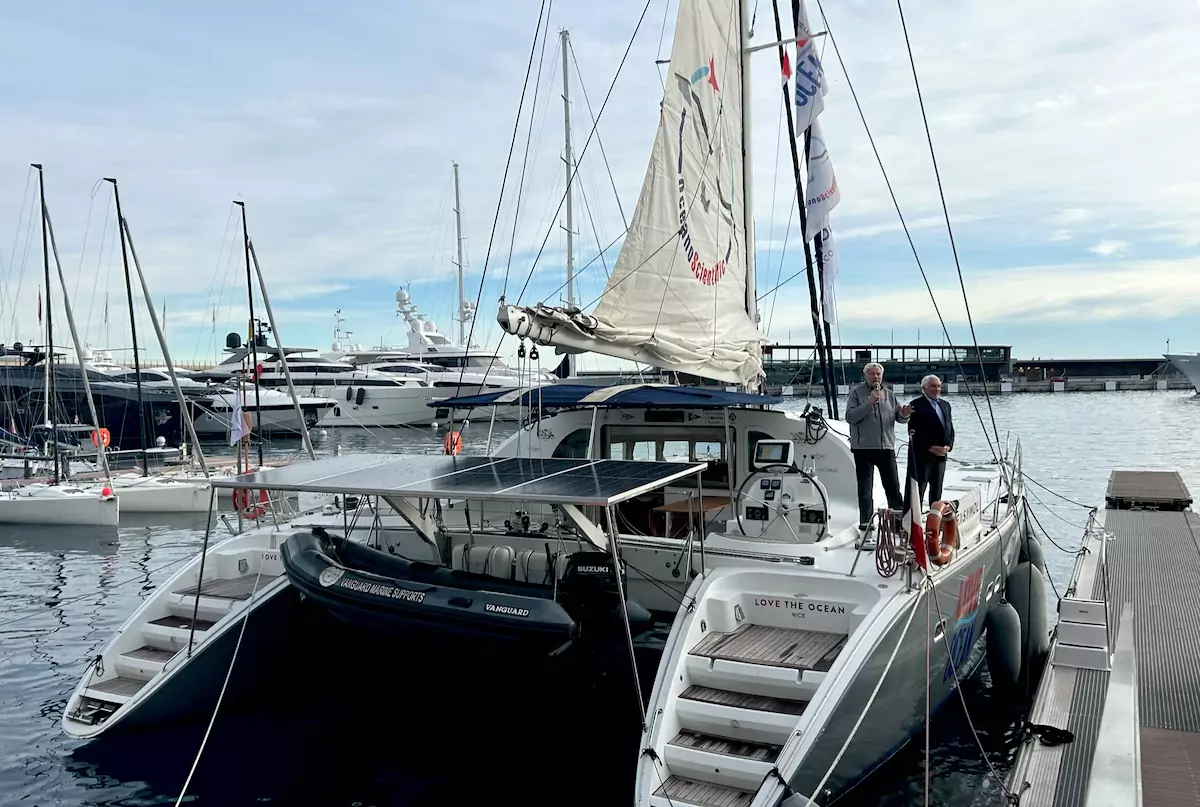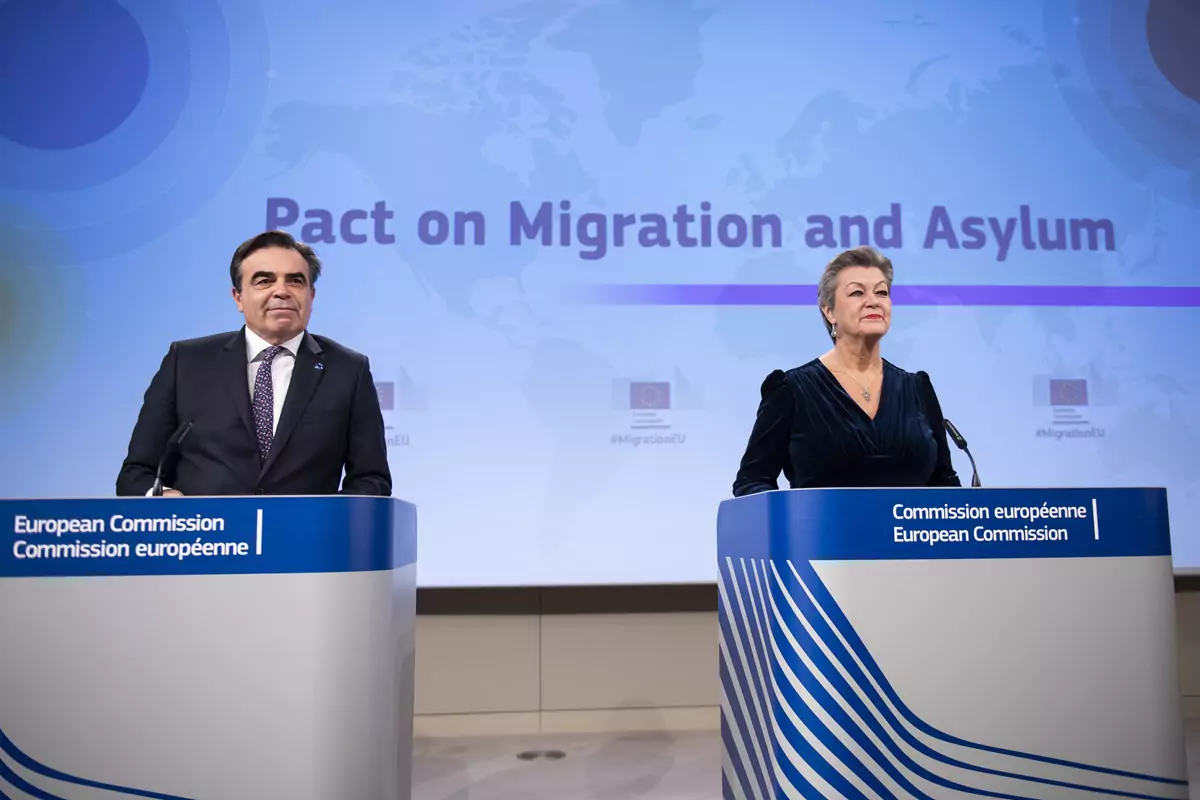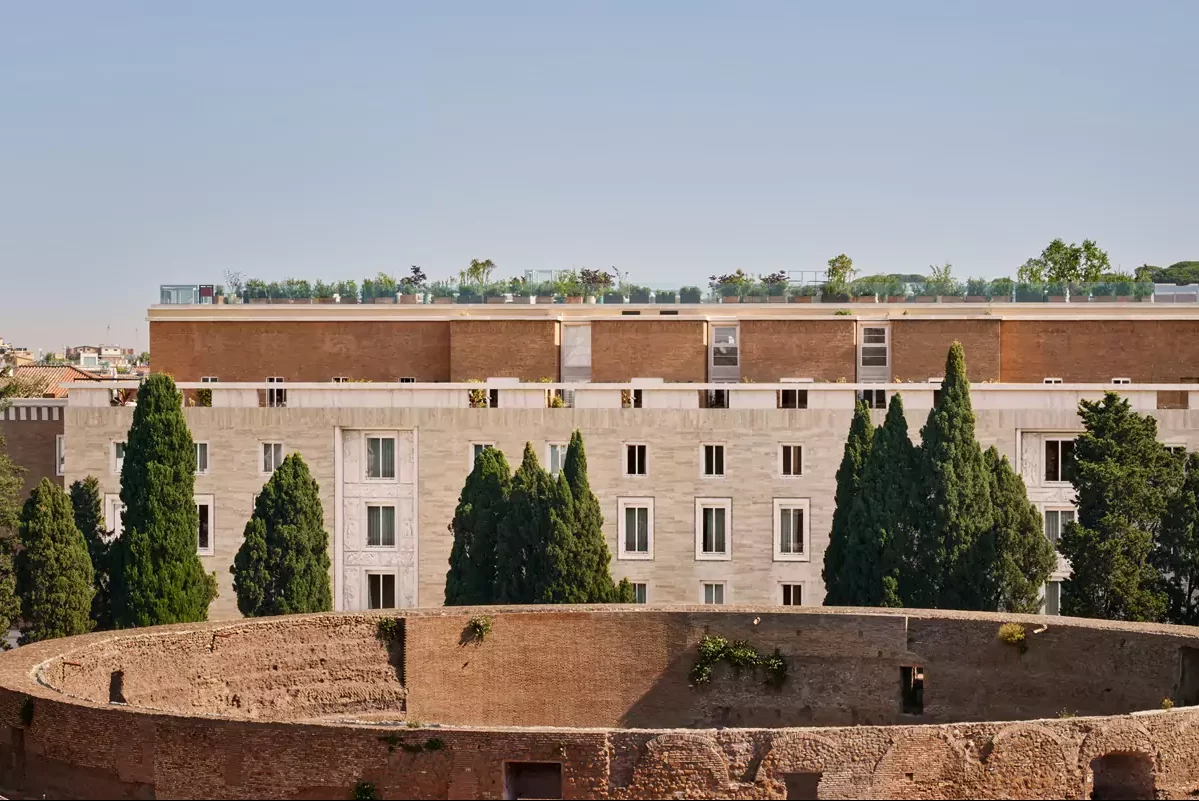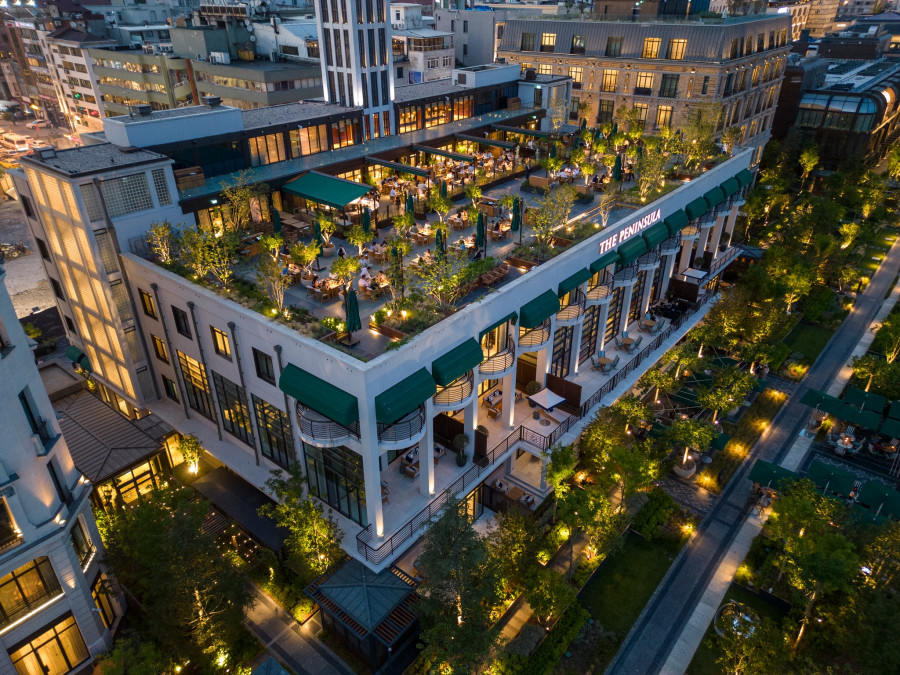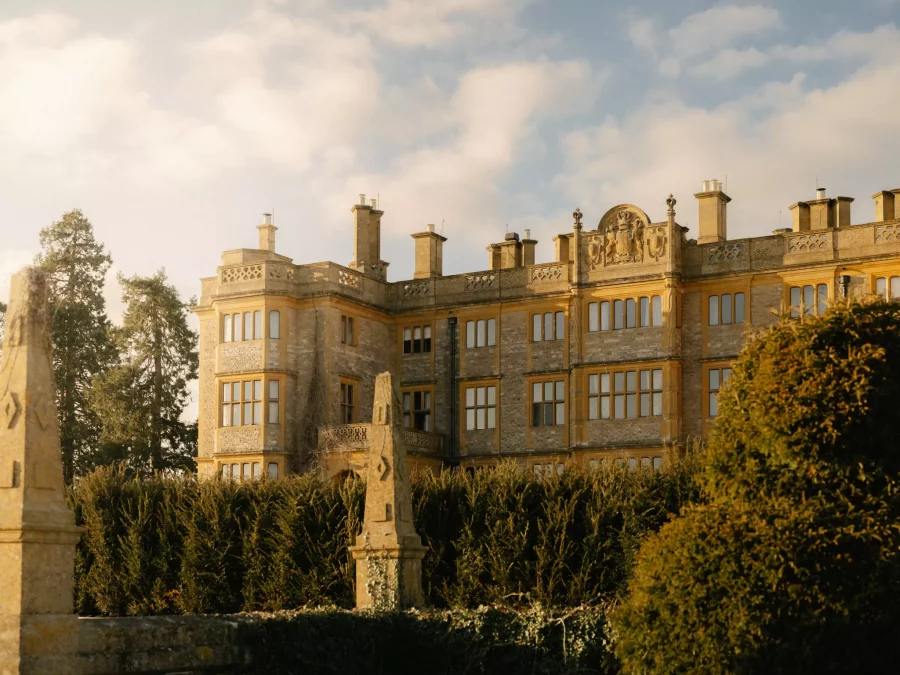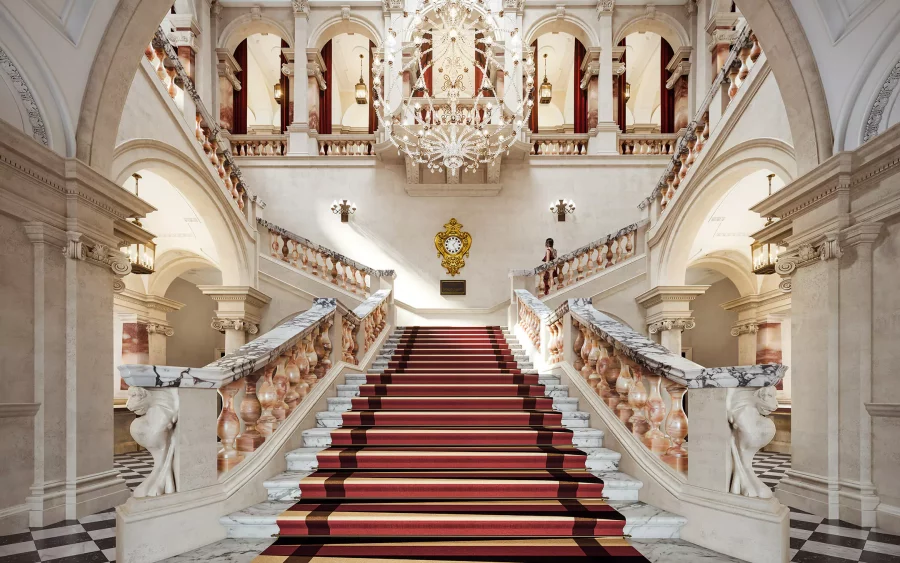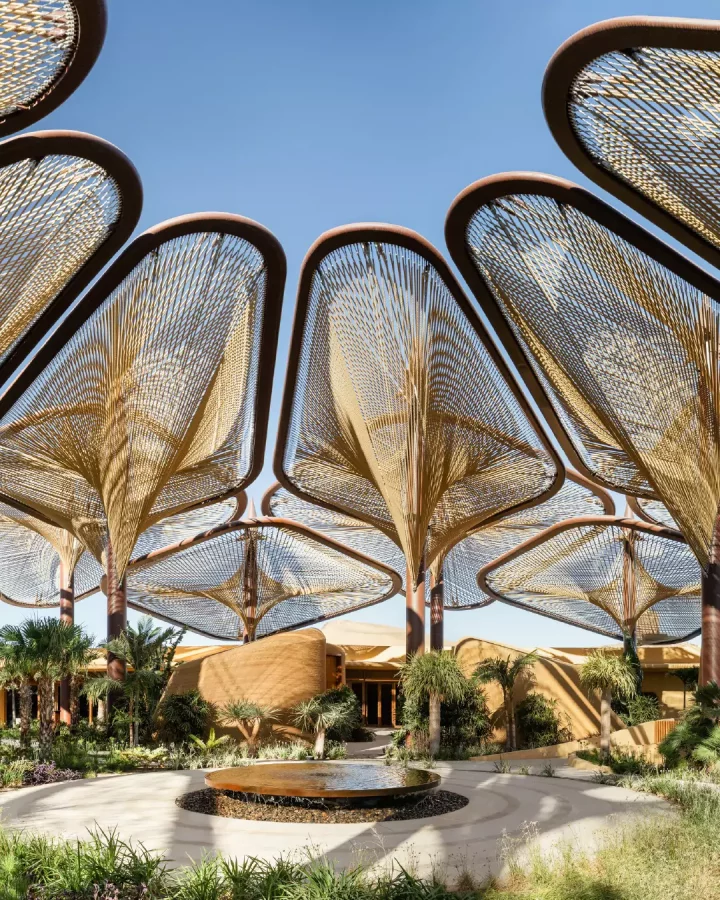Hundreds of children from across the Principality were invited to the Palais Princier de Monaco on Wednesday 20th December for the annual Christmas Party, a tradition that dates back to the 1960s and the time of Prince Rainier III and Princess Grace.
Prince Albert II of Monaco and Princess Charlene were front and centre in the roles of Santa’s helpers at the Palace’s Christmas Party, but sadly, their nine-year-old twins, Prince Jacques and Princess Gabriella, were forced to miss out on the joyous celebrations shared by their parents and friends as they are reportedly unwell.
Some 680 children are believed to have received an invitation to this year’s big event, which featured a winter wonderland theme with kiosks and stalls serving sweet treats and acrobats and magicians providing the entertainment.
All who came along got the meet Father Christmas and were gifted with a present commemorating the event by the Princely couple. Although the twins couldn’t be there, other family members stepped in to help with the proceedings, including two of Princess Stéphanie’s children, Camille Gottlieb and Louis Ducruet, who is celebrating his first holiday season as dad this year.
The final treat of the day came in the form of a cold weather classic: the Palace’s storied hot chocolate. The legend behind it goes that when Prince Albert and his siblings were small, Prince Rainier III decided to buy some cows of his own to supply his family with the finest fresh milk. Years later, using milk from this same herd, Palace Chef Christian Garcia concocted a thick and rich hot chocolate with a hint of cinnamon that has become a perennial favourite among Grimaldi children and locals alike.
A tradition started by Prince Rainier and Princess Grace
The annual Children’s Christmas Party is a tradition that goes back to the early 1960s, when Prince Rainier and Princess Grace first started the event as a way for the former actress to get to know the children of the Principality. Prince Albert and his sisters, Princess Caroline of Hanover and Princess Stéphanie, will have lovingly memories of these parties as all attended the festive get-togethers as children.
Click on the images below to see more from the party:
Join the Monaco Life community – the largest English media in the Principality.
Sign up for the Monaco Life newsletter, and follow us on Facebook, Instagram , LinkedIn and Tik Tok.
All photo credits: Eric Mathon / Palais Princier de Monaco

